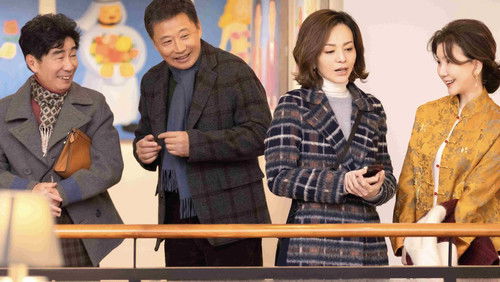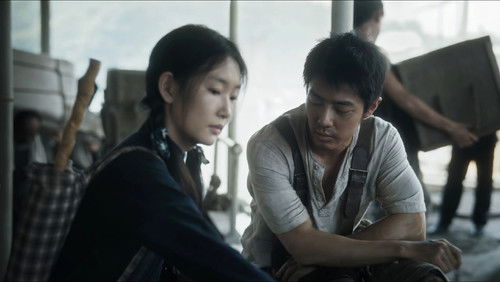Kinder des Olymp (1945)
23KKinder des Olymp: Directed by Marcel Carné. With Arletty, Jean-Louis Barrault, Pierre Brasseur, Pierre Renoir. The theatrical life of a beautiful courtesan and the four men who love her.
“1995 was the centennial of the invention of movies. In Stockholm the event was celebrated, inter alia, by showing u0026#39;Les enfants du paradisu0026#39; free of charge on the French National Day. It was presented as the best French movie ever made. Perhaps it was felt not to be polite toward other countries to talk of the best movie made in any countries. But many (not all) experts agree that it is indeed so. And so do I. I saw the film for the first time in 1954, and have never changed my mind about its paramount position. But whatever you may think in this respect, one of the most prominent features is that the movie is a u0026#39;GESAMTKUNSTWERKu0026#39;. This word was invented by Richard Wagner to indicate a work in which music, text, and visual arts fuse or amalgamate into a unity. Concerning the movie at hand, the word is of course taken in a different sense. The movie contains all kinds of cinematic categories: mass scenes perhaps with 10u0026#39;000 extras, chamber play with close-up photos of emotional faces, deep and genuine love, superficial sex, friendship, comic pantomime, tragic pantomime, comic theatre (that is, both the theatre scene and the public on the screen), tragic theatre, murder, hand-to-hand-fighting, pocket-picking, etc. And everything put together into one single film. Even more, whenever a section is comic, it rests so completely in the comic mood that the spectator cannot imagine that the entire movie was not comic from the first beginning, and will not remain so to the last end. Whenever it is tragic, it rests equally completely in the tragic mood, as if it had never been anything else than tragic and would never leave the tragic mood. Despite this heterogeneity, the movie does not split up in disparate fragments, but forms a genuine whole. The writer was the really great poet Jacques Prévert, and it tells much about his unusual competence that, on the one hand, each scene is superb when seen in isolation and, on the other hand, each scene does not therefore fit less perfectly in the film as a whole. – – – To some people it may be interesting to know that four of the roles are real historical persons: the actor Frederick Lemaître, the pantomimic performer Baptiste Debureau, the mediocre gangster Jean-François Lacenaire, and the latteru0026#39;s assistant Avril. Lacenaire was executed in 1836. His memoirs, which were written while he awaited execution, are published in English translation.”









